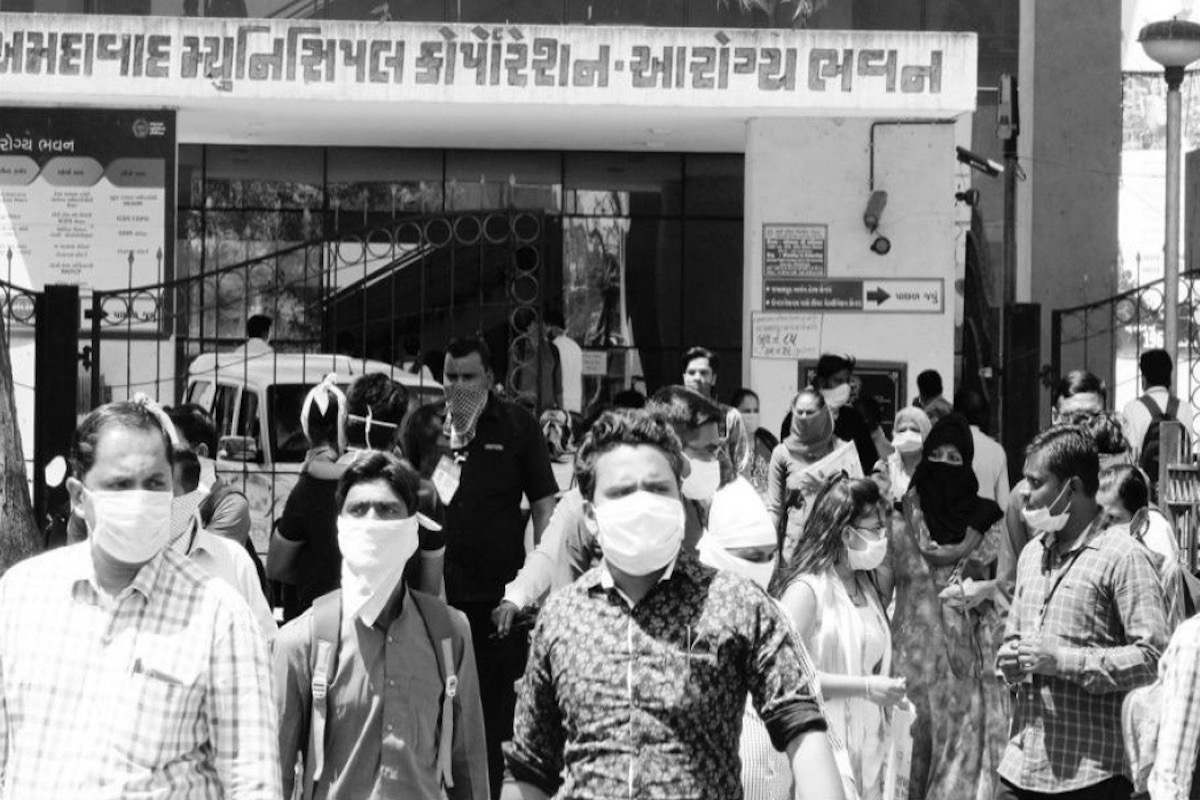Video game firms CI Games, Behaviour Interactive hit with layoffs: Report
Two video game companies CI Games and Behaviour Interactive have laid off several employees due to the tough market conditions, the media reported.
First, discretionary spending will continue to stay checkmated. Now, judicious spending takes precedence over extravaganzas.

Covid-19 is the worst calamity in the last 100 years, and that period includes the arrival of HIV, SARS, and Ebola.
Yet if we go back a little earlier, to 1917 when the world was in the midst of a war, it was the time the Spanish Flu broke out. In terms of death and destruction, the flu was many times larger than Covid-19. Maybe, it was because the world was less prepared medically, but the truth is that the Spanish Flu was a greater calamity than Covid-19.
Advertisement
This is not to suggest we drop our guard. It is only to indicate that the world has been through it and is better for it. Mankind will inexorably win the war against Covid. Vaccines are on the way, and the health care industry will bail us out.
Advertisement
Covid-19 has caused so much panic that most of us have done a course correction in our personal and occupational lifestyle. What are the changes we are going to see as we step out of the calamitous 2020? We look at a few impacted areas and identify four waves of change.
First, discretionary spending will continue to stay checkmated. Now, judicious spending takes precedence over extravaganzas. For example, impulsive buys, including purchase in large quantities at malls are being replaced with buying a “legitimate portion”. This shift in consumer behavior has directly impacted trade. The nervousness it has presented before the lucky survivors has led to a go-slow in the economy. Healthcare and hygiene is the new mantra. This will continue into the foreseeable future. People are now ready to think before they commit. Retail, which represents around 10 per cent of GDP and creates eight per cent of employment opportunities, is the biggest casualty.
Secondly, agriculture and supply chain ecosystems have struggled notwithstanding the new farm legislation. While the urban rich have been able to scale down their lifestyles, the rural poor did not have the comfort of a margin of safety to downsize. While they did shift down, it has taken them below reasonable living. Huge job losses are a reality. True, farming, like healthcare and education, cannot go out of fashion, but agriculture has suffered. Of course, it has done well compared to industry and services, if the GDP numbers are believed without rider(s).
In modern times, the interdependency between countries and the states within a country is stark. The prolonged shutdown in engagements at various levels had contributed to shaking the economic fundamentals just when we needed a reliable support system. A political slugfest hasn’t really helped in a federal set up. In an integrated ecosystem, it’s impossible to imagine operating in isolation.
Thirdly, there has been a substantive change in the way of imparting education. The digital format is now in vogue. It necessitated a reshuffle of resources at the end of both institutions and student communities (including parents). Videoconferencing outfits have had a field day. However, it is essential to realize that there is a vast digital divide in India. It is not enough to provide laptops. These can be had at a small price. It is vital to provide high-end connectivity in every village of ours.
The adverse effect of high screen time is beginning to be felt, there is an institutionalisation of electronic gadget addiction, and the discussion around mental health is slowly getting traction.
Fourthly, this unpleasant phase has taken its toll on real estate and hospitality. Tourism has had collateral damage. To illustrate, the travel ban hit transport and adversely impacted allied sectors, and that’s how the economy was ambushed from all sides.
All this does not mean we are hitting a roadblock. The pandemic will subside with vaccines coming in, although, like HIV and cancer, the disease will stay as a part of us. A few changes are likely to be permanent. Hygiene practices, reduced indulgence with unhealthy lifestyles including food habits, a slow goodbye to shared vehicles, online meetings, reduced travel, less busy roads, work-from-home and less direct socializing may all become part of the new way of life.
Fifty years from now, historians might call it the third World War that had everyone scurrying for cover. But in the end, there will definitely be significant changes for the better.
The writers are chartered accountants.
Advertisement